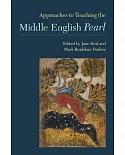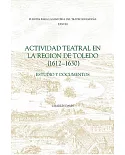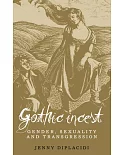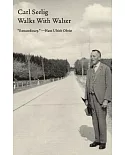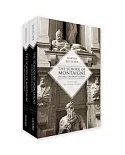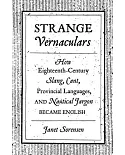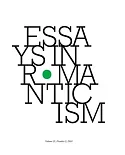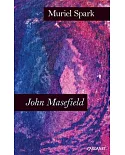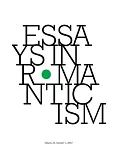Enlightened Sentiments reassesses the Enlightenment's liberal legacies by revisiting the wide-ranging development of eighteenth-century letters known as "sentimentalism." Nazar argues
that the recent retrieval of sentimentalism as a predominantly affective culture of sensibility elides its critical motif of moral and aesthetic judgment, and underrates its contributions to
the key Enlightenment norm of autonomy. Drawing upon novelists from Samuel Richardson to Jane Austen, and theorists of judgment from David Hume to Hannah Arendt, she contends that sentimental
judgment complicates received understandings of liberal ethics as grounded in the opposition of reason and feeling, and autonomy and sociability, and as such, implies a powerful
counter-challenge to postmodernist critiques of modernity as the harbinger principally of instrumentalist reason and disciplinary power.


